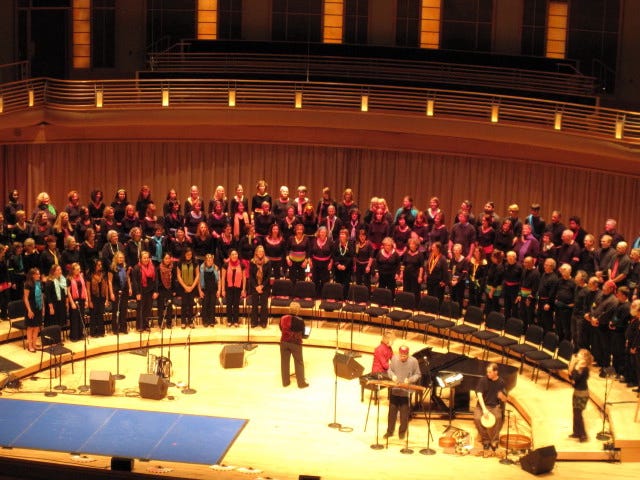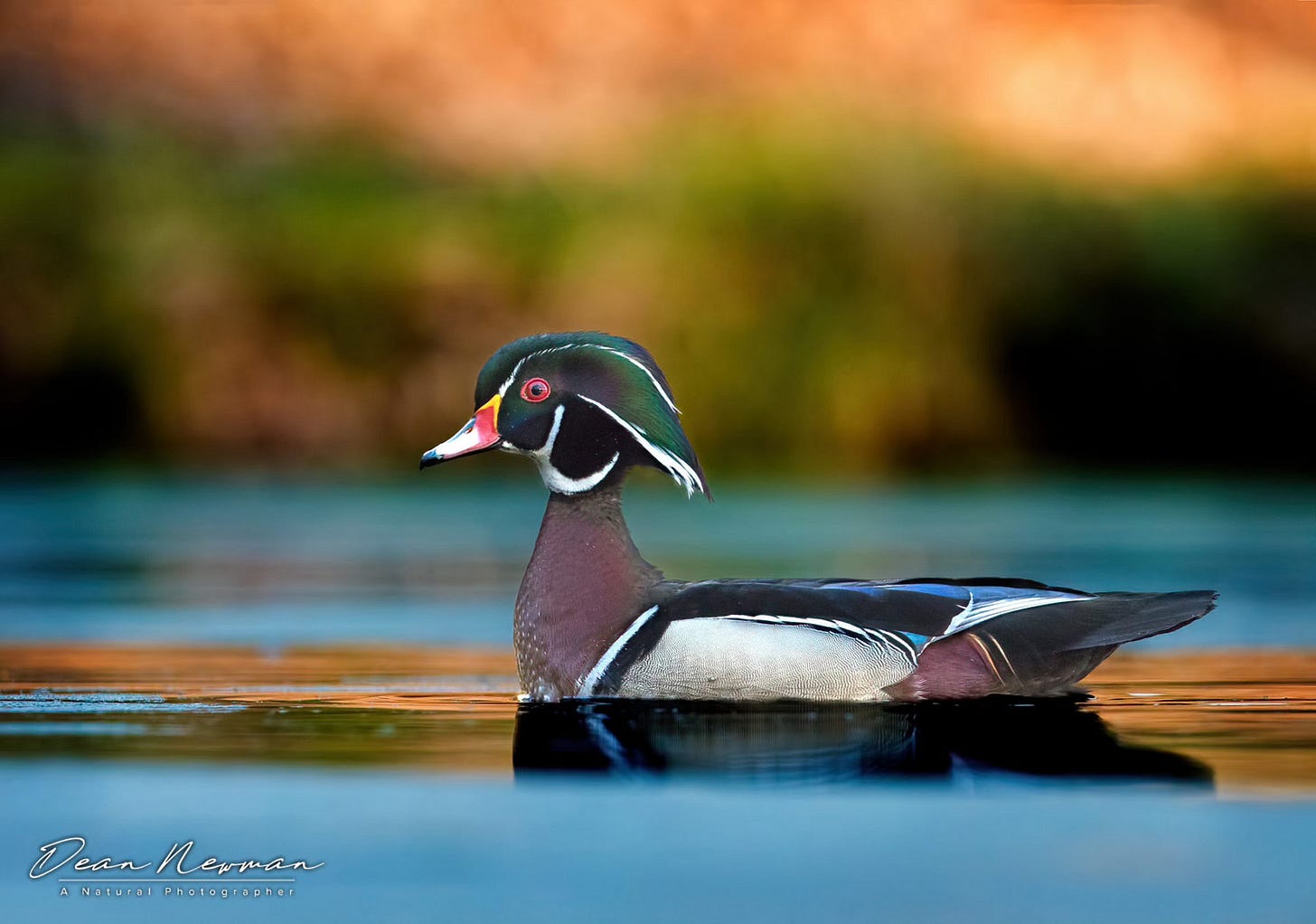New Life
an Easter/Earth Day/Springtime reflection on “What’s new?”
Earth Day. Every year we set aside a day to honor Earth in all her splendor, mystery, abundance and resilience. The Pale Blue Dot. Gaia. Terra Firma.
April 23, 2010. Fifteen years ago. At Strathmore Music Center just outside Washington DC, there was a celebration to commemorate the fortieth anniversary of the first Earth Day in 1970. My spouse, Busy Graham, was the co-artistic director with Malcolm Dalglish and creator of this event — “Song of the Earth: A Ceremony for Choir, Hammer Dulcimer, Percussion and Dance.”
More than a little invested in seeing it all come together, I was one of a chorus of 125 singers, sharing the stage with twenty-five dancers and musicians, eight distinct performing ensembles, and twenty-three program pieces, in total. Our friend, Ellie Hamburger, lovingly characterized the production as “Everyone Busy knows on stage at the same time.” There were bagpipes for the processional.
I could devote an entire series of posts to this and many other unforgettable Carpe Diem events. Here is a link to the program for the curious.
Bob Engleman (a fellow bass in the chorus) wrote an appreciation and summary of the performance in the Takoma Voice. Here is a line about singing on Earth Day:
There was no pretense that we can sing our way to environmental sustainability. But singing, certainly, is sustainable—no amount could be too much for nature to handle, which is more than we can say about many human activities.
True, we humans have an awkward relationship with her. Abusive, one might say. Yet here we are, at the confluence of Earth Day and Easter and Spring at its most resplendent, singing praise, making amends, asking forgiveness, waiting for the fulfillment of the promise of new life.
I was reflecting on all this during the Easter Service at the progressive Episcopal community in Charlottesville, VA of which our daughter Molly is a part. Just to give you an idea, the program opens with Pastor Neal’s “Welcome to Grace Church Red Hill. Find your balance on holy ground. Breathe deeply the breath of life. Be emptied of small concerns. Open your heart. Receive a moment of stillness. Settle into this place…”
I’m not very Episcopalian these days, but I enjoy the music, the singing of those old hymns and their glorious lines, like this one from Hymn 182 “Christ is Alive” from the Episcopal Hymnal (1982):
No longer bound
To distant years in Palestine,
He comes to claim the here and now
And conquer every place and time.
Singing is weaving together something new that has never been done before. Sure, the words might be old — from a hymn by Isaac Watts, or new — a poem by farmer-poet Wendell Berry. But there is an immediacy to chorus singing: the words sung fill the hall but once in this way. And there is sufficiency in that. Here is a line we sang in 2010 from “Wild Geese,” words by Wendell Barry, music by Malcolm Dalglish:
And we pray, not
for new earth or heaven, but to be
quiet in heart, and in eye
clear. What we need is here.
It was 15 years ago, but I still remember: just before the performance, Malcolm gave a last minute note to the choir that stuck with me. Our group was about to perform, for an audience of nearly a thousand, a set of very demanding vocal pieces. His note was an object lesson in how to bring this kind of new life into being. “There is no rear view mirror in a live performance. Whatever happens, happens. If you get a note wrong, keep going and don’t look back. There is no ‘back’ back there. The notes are now.”
With that we strode forth. And sang our hearts out. And created what only our community could bring to this audience. They were part of our communion.
“What’s new?” It’s a common greeting, often asked and answered by reflex. But it sounds different to me today. Maybe now and then I need to ask myself: What is new life today, right now? And from what streams does that promise of new life flow?
And go from there.
Peace of the Wild Things, by Wendell Berry (Music by Malcolm Dalglish)
When despair for the world grows in me
and I wake in the night at the least sound
in fear of what my life and my children’s lives may be,
I go and lie down where the wood drake
rests in his beauty on the water, and the great heron feeds.
I come into the peace of wild things
who do not tax their lives with forethought
of grief. I come into the presence of still water.
And I feel above me the day-blind stars
waiting with their light. For a time
I rest in the grace of the world, and am free.



